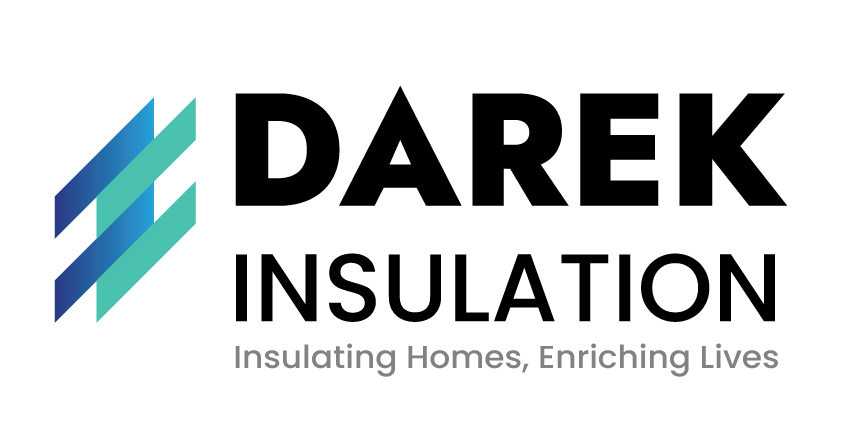Roof Vents
Essential for Home Comfort and Durability
Brief Description
Essential for maintaining air quality and temperature regulation in your attic and roof.
Key Benefits
Prevents moisture build-up, extends roof life.
Best For
Homes with attic spaces or issues with moisture and ventilation.
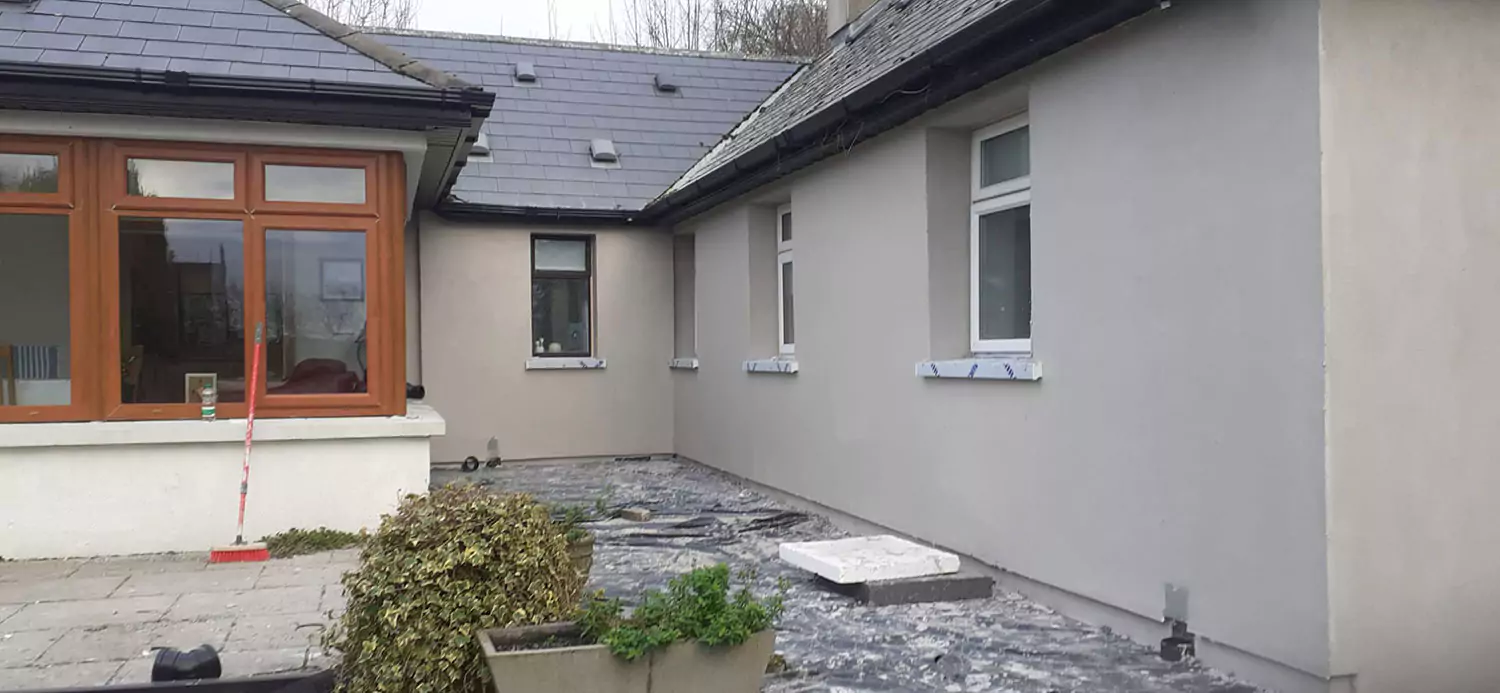
Introduction to Roof Vent Insulation
The significance of properly ventilating roof spaces cannot be overstated. As a dedicated insulation professional, I’ve observed the consequences of inadequate ventilation: condensation, mould, and ultimately, structural damage. This article delves into the crucial role of roof vent insulation, illustrating why it’s indispensable for maintaining a healthy, energy-efficient home.
Understanding Roof Ventilation
The Science Behind Roof Ventilation
Moisture generated from everyday activities can accumulate in attic spaces, leading to condensation on colder surfaces. Effective roof ventilation ensures this moisture is expelled, preventing damage and maintaining air quality.
Moisture generated from everyday activities can accumulate in attic spaces, leading to condensation on colder surfaces. Effective roof ventilation ensures this moisture is expelled, preventing damage and maintaining air quality.
The Role of Insulation in Ventilation
Insulation plays a dual role: it conserves energy while necessitating proper ventilation to prevent moisture accumulation. Addressing thermal bridging and ensuring an adequate air gap are pivotal for this balance.
Insulation plays a dual role: it conserves energy while necessitating proper ventilation to prevent moisture accumulation. Addressing thermal bridging and ensuring an adequate air gap are pivotal for this balance.
Types of Roof Structures and Their Ventilation Needs
Different roof types—pitched, lean-to, and flat—present unique challenges for ventilation. Each requires a tailored approach to ensure moisture control and energy efficiency.
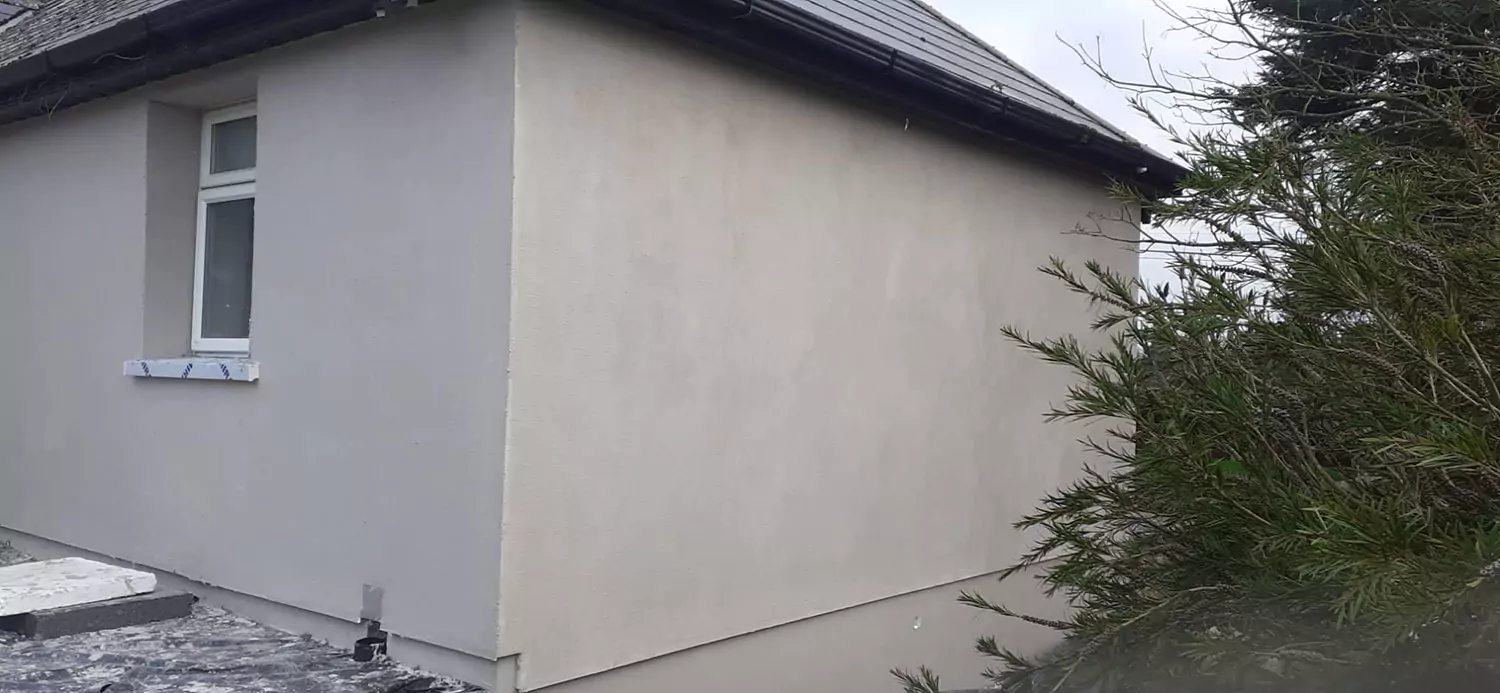
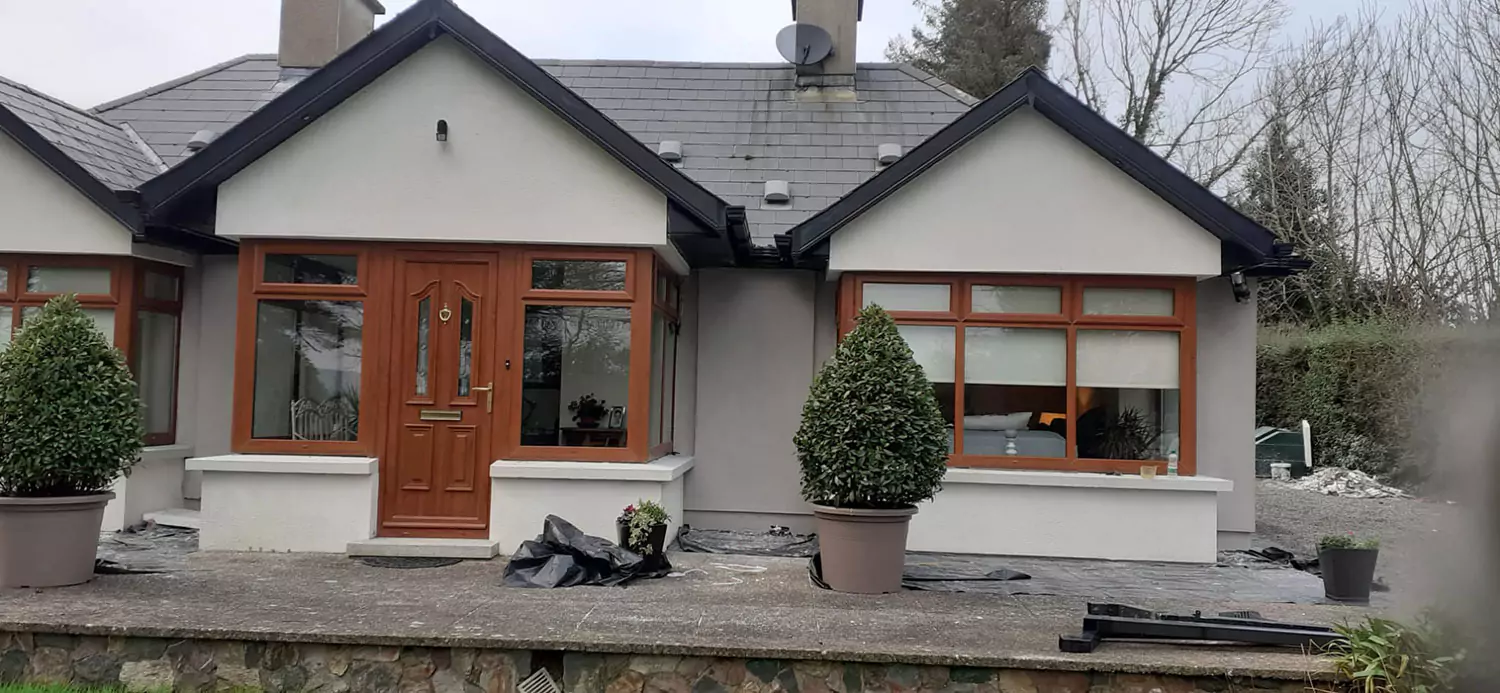
Ventilation Solutions for Different Roof Types
For pitched roofs, maintaining an unobstructed air gap and providing sufficient ventilation at ridge and eaves levels are key. Solutions vary depending on whether the ceiling follows the roof line or is formed with joists.
Building Regulations and Ventilation Requirements
Compliance with building regulations is essential. These regulations specify the minimum air gap and insulation requirements, ensuring that roof spaces are adequately ventilated to prevent moisture-related issues.
The Importance of Adequate Ventilation
Beyond preventing structural damage, adequate roof ventilation has health implications, preventing mould that can affect air quality. It also enhances energy efficiency, contributing to lower heating and cooling costs.
DIY Tips for Improving Roof Ventilation
Identifying ventilation issues and implementing simple fixes can significantly improve a roof’s ventilation. However, for major upgrades, consulting a professional is advised.
Professional Solutions for Roof Vent Insulation
Professional insulation services offer comprehensive solutions, from assessing ventilation needs to installing appropriate systems. These services ensure that your home meets both regulatory standards and your comfort needs.
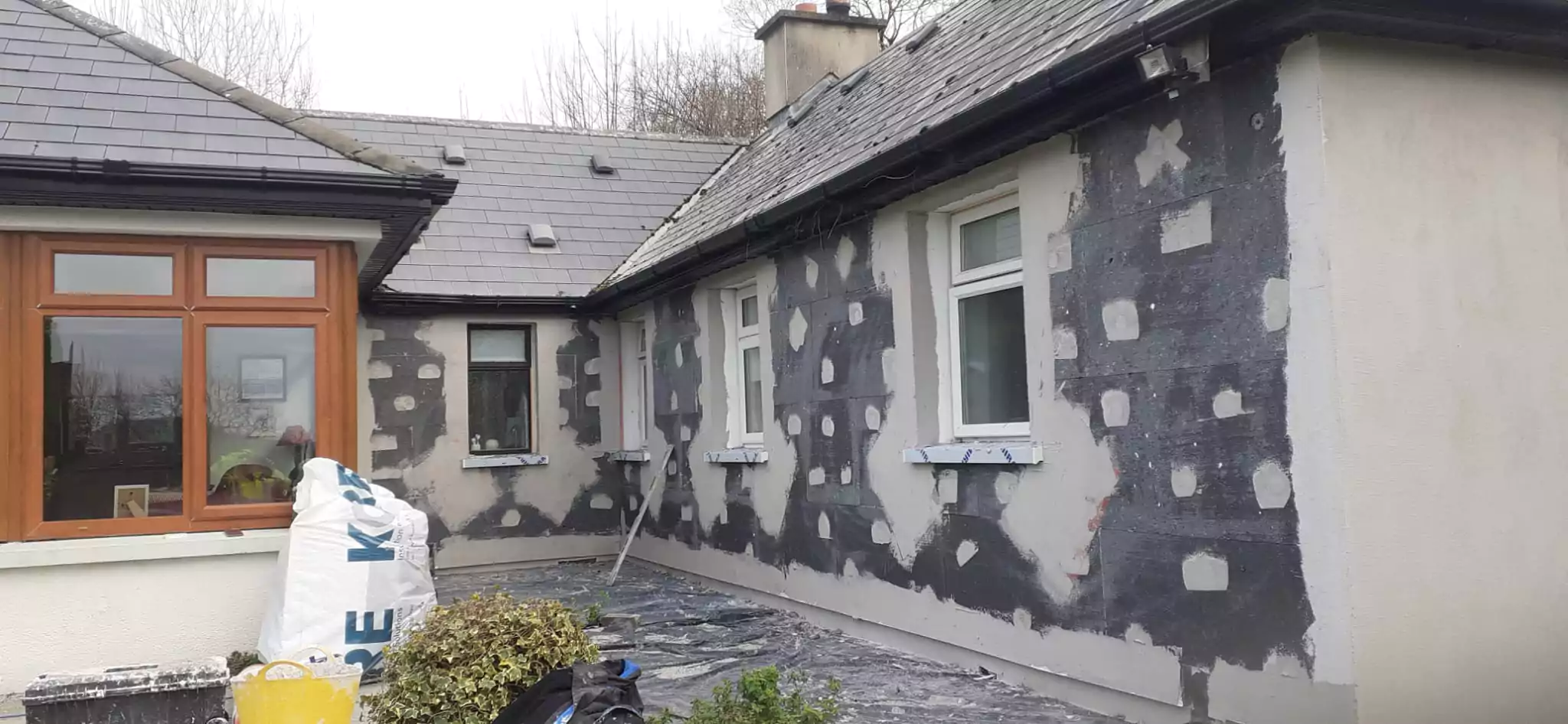
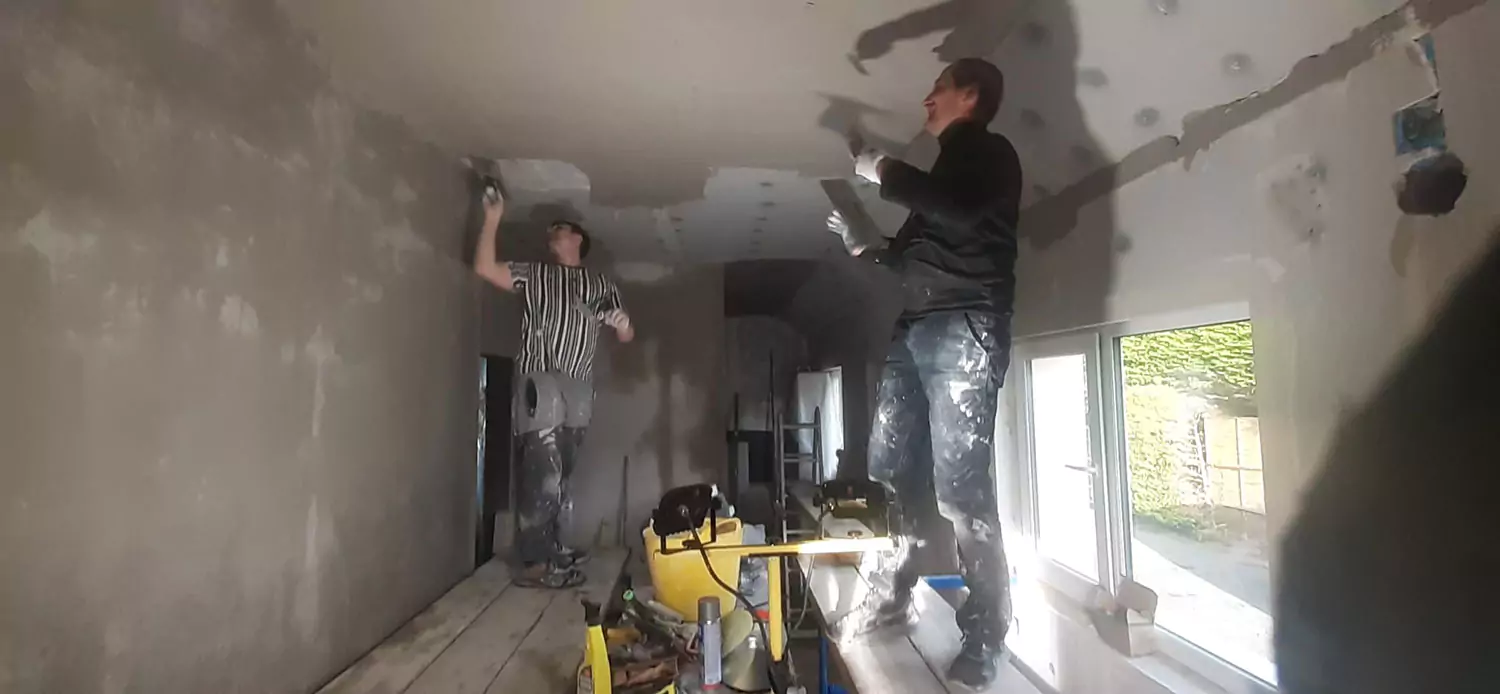
Case Studies: Successful Roof Ventilation Projects
Through case studies, we illustrate how effective ventilation solutions have transformed residential and commercial properties, enhancing comfort and energy efficiency.
FAQs About Roof Vent Insulation
This section answers common questions about roof vent insulation, providing readers with a deeper understanding of its importance and implementation.
Effective roof vent insulation is vital for the health and durability of your home. Consulting with insulation professionals, like Darek Insulation, can ensure your roof meets the necessary standards for ventilation, offering peace of mind and long-term savings.